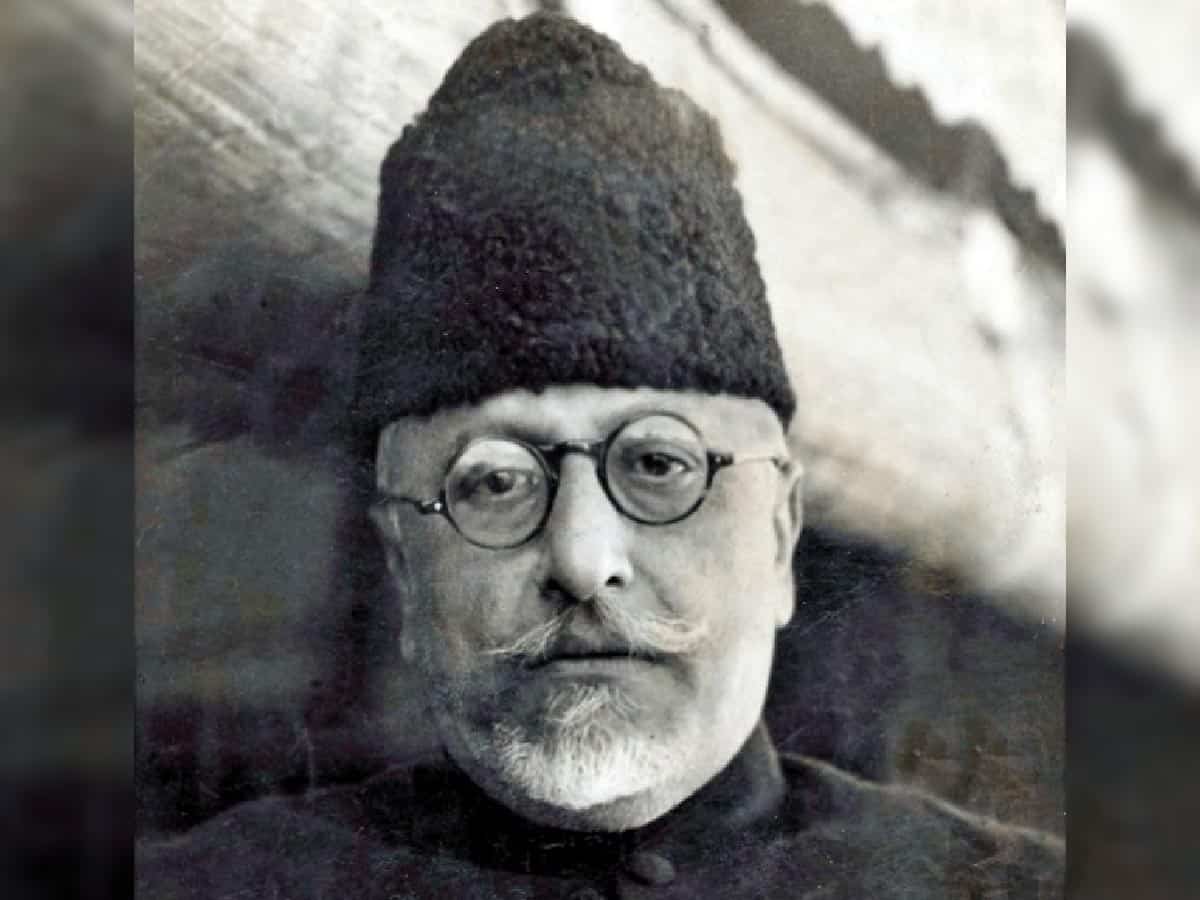
As India’s first minister of education and one of the most important liberation fighters, Maulana Abul Kalam Azad is one of the key figures in the history of the subcontinent. Maulana Azad, also known as Abul Kalam Ghulam Muhiyuddin, was an educator and an independent activist. He was born on November 11, 1888.
On his birth anniversary, India celebrates National Education day. Maulana Azad, a scholar, and educationist played a significant role in designing the educational system of independent India.
The All India Council for Technical Education (AICTE), Indian Council for Cultural Relations (ICCR), Council of Scientific and Industrial Research (CSIR), Lalit Kala Academy, Sangeet Natak Academy, Sahitya Academy, and University Grants Commission were established under his administration as the nation’s top educational regulatory organizations (UGC).
He is also responsible for founding the first IIT as well as other Indian institutes.
Azad wrote poems in Urdu and treatises on philosophy and religion when he was a young man. He became well-known as a result of his work as a journalist, where he wrote pieces supporting Indian nationalism and criticizing the British Raj.
Maulana played a vital role in India’s freedom struggle as he was a firm supporter of the Khilafat Movement and believed that it was every Muslim’s obligation to engage in political activism in opposition to colonizers and oppressors. Azad was in charge of planning the election campaigns and rallies, raising money, and choosing the candidates during the first election.
He worked with Mahatma Gandhi and supported a number of movements. He supported Gandhian ideals throughout his life and hold them in high regard. He became closer to Congress and was the youngest president of the Indian National Congress when he took office in 1923 at the age of 35.
On the 134th anniversary of his birth, Prime Minister Narendra Modi, and Congress MP Rahul Gandhi among others paid their tributes through social media.



